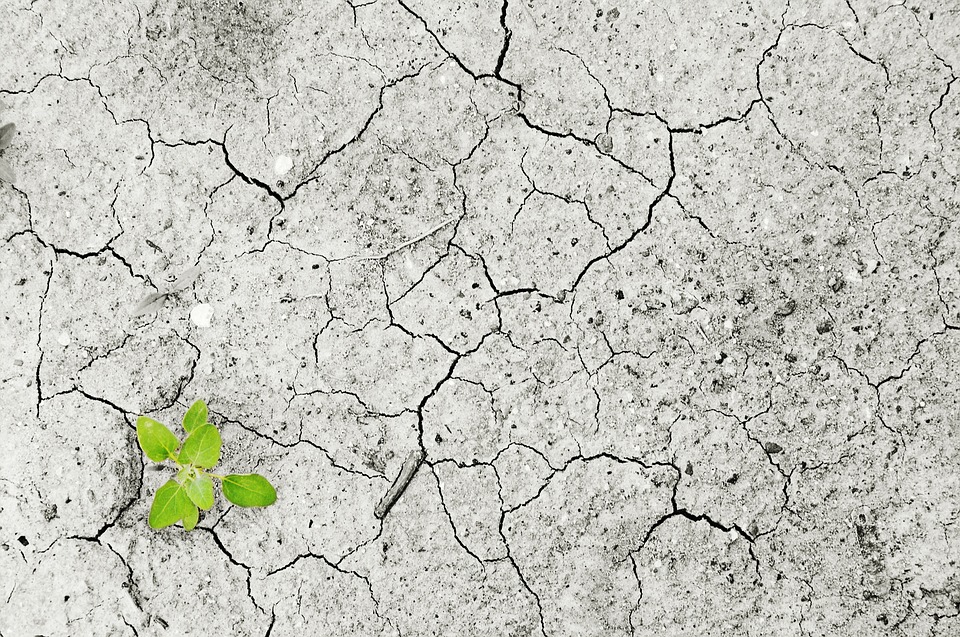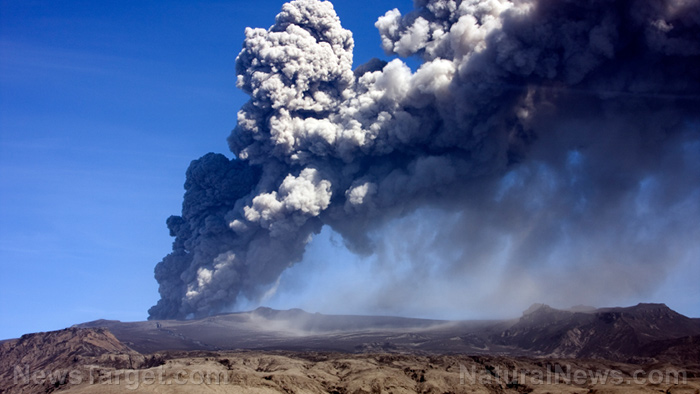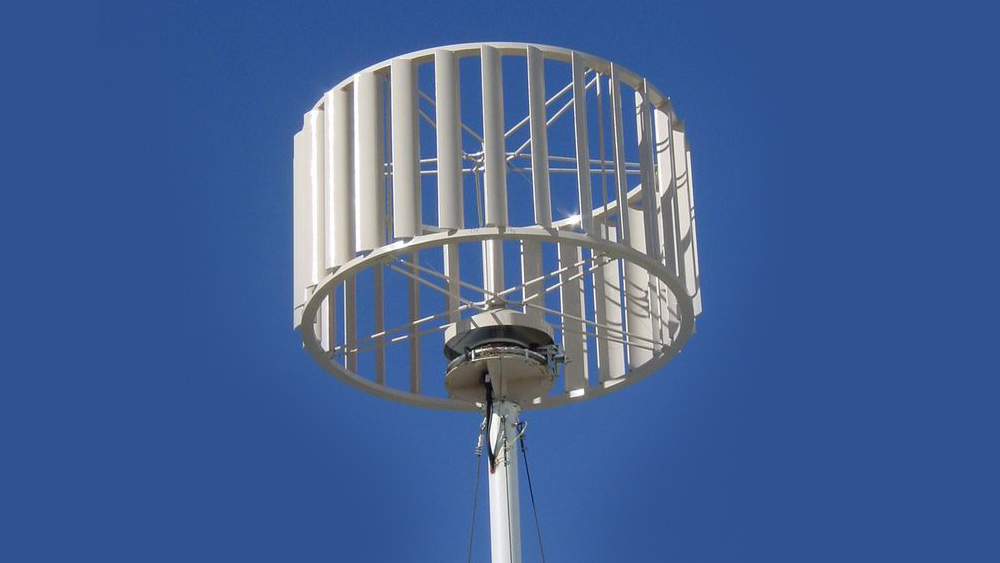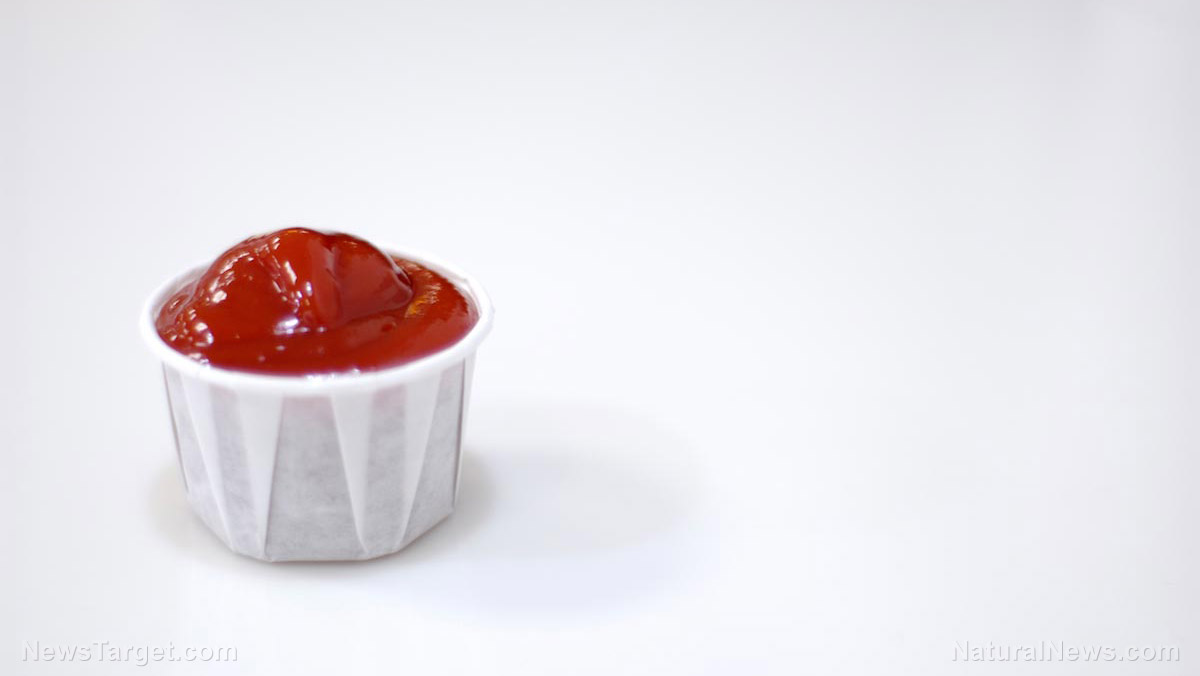Bill Gates wants to release massive amounts of chalk into the stratosphere to block the sun – what could go wrong?
03/26/2021 / By Divina Ramirez

Microsoft’s founder Bill Gates is backing the development of a solar geoengineering project to dim the sun with a cloud of chalk. Scientists from Harvard University in Massachusetts who conceptualized the project said the chalk could act as a sunshade, triggering a global cooling effect that would help slow climate change.
The scientists are planning to conduct a small-scale test in June over the town of Kiruna in Sweden, spurred on by financial support from Gates and other private sponsors. A large test balloon will lift there, bringing two kilograms (kg) of calcium bicarbonate and 600 kg of scientific equipment 12 miles into the stratosphere.
Once the balloon reaches its target altitude, it will release the calcium bicarbonate in a plume. If all goes well, it should end up measuring about a mile or two long. Project director Frank Keutsch said the plume would be small enough to not cause a problem in the stratosphere but enough to give them results to work with.
During the test, Keutsch and his colleagues will analyze the potential effects of the plume on the solar radiation attempting to reach the planet’s atmosphere over Kiruna. They will also study how the chalk particles react with the air at high altitudes. They will use these data for computer simulations of bigger dispersions.
Cooling the Earth with chalk
Calcium carbonate is a sun-reflecting chemical. In its powdered form, it is used to prevent and treat low blood calcium levels in people who do not get enough calcium from their diets. It is also used as an antacid to alleviate certain digestive problems, including heartburn, acid indigestion and upset stomach.

Keutsch and his colleagues plan to use calcium carbonate to create an enormous shield that will reflect some of the Sun’s rays and heat back into space, as well as dim those that do get through.
But the idea is far more complicated than it sounds due to the unknown effects that the cloud might have on the planet’s weather systems. In fact, the project, called the Stratospheric Controlled Perturbation Experiment (SCoPEx), has been criticized since its inception because of the risks it comes with.
For example, bigger dispersions of calcium carbonate could lead to extreme changes in weather patterns. Some experts have also raised concerns about the sustainability of such a project in that scientists would have to tirelessly spray calcium carbonate into the atmosphere to maintain the cloud’s beneficial effects.
Stuart Haszeldine, a professor of carbon capture and storage at the University of Edinburgh in Scotland who was not involved in the project, said blocking the sun won’t remove the main cause of the pollution that is heating up the planet.
He conceded that the cloud of chalk would, in fact, cool the Earth because it reflects solar radiation. But after that, it would be like taking heroin. “[You’ve] got to carry on doing the drug to keep on having the effect.” Moreover, releasing more and more chalk into the stratosphere would change the daytime sky to white.
Furthermore, environmentalists are also worried politicians will use the project as an excuse to not mitigate air pollution. Others fear that calcium carbonate might damage the ozone layer. This layer acts as a shield to protect humans from harmful ultraviolet radiation, which has been linked to serious problems like skin cancer.
Defending their project, the scientists said their technique should be used alongside other mitigation strategies for air pollution and so-called climate change, not as a solution in its own right. They added that their technique will “buy the world some time” while it tackled the wider pollution problem.
Keutsch also noted that the data that will be gathered from their test in June will help them determine whether bigger dispersions will, in fact, be disastrous for weather systems. (Related: We’re doing it to ourselves: Human activity found to impact weather, weather outcomes.)
Follow FakeScience.news for more articles about other so-called “solutions” to climate change.
Sources include:
Tagged Under: atmosphere, bill gates, climate change, environment, future science, Global Cooling, global dimming, global warming, weather





















